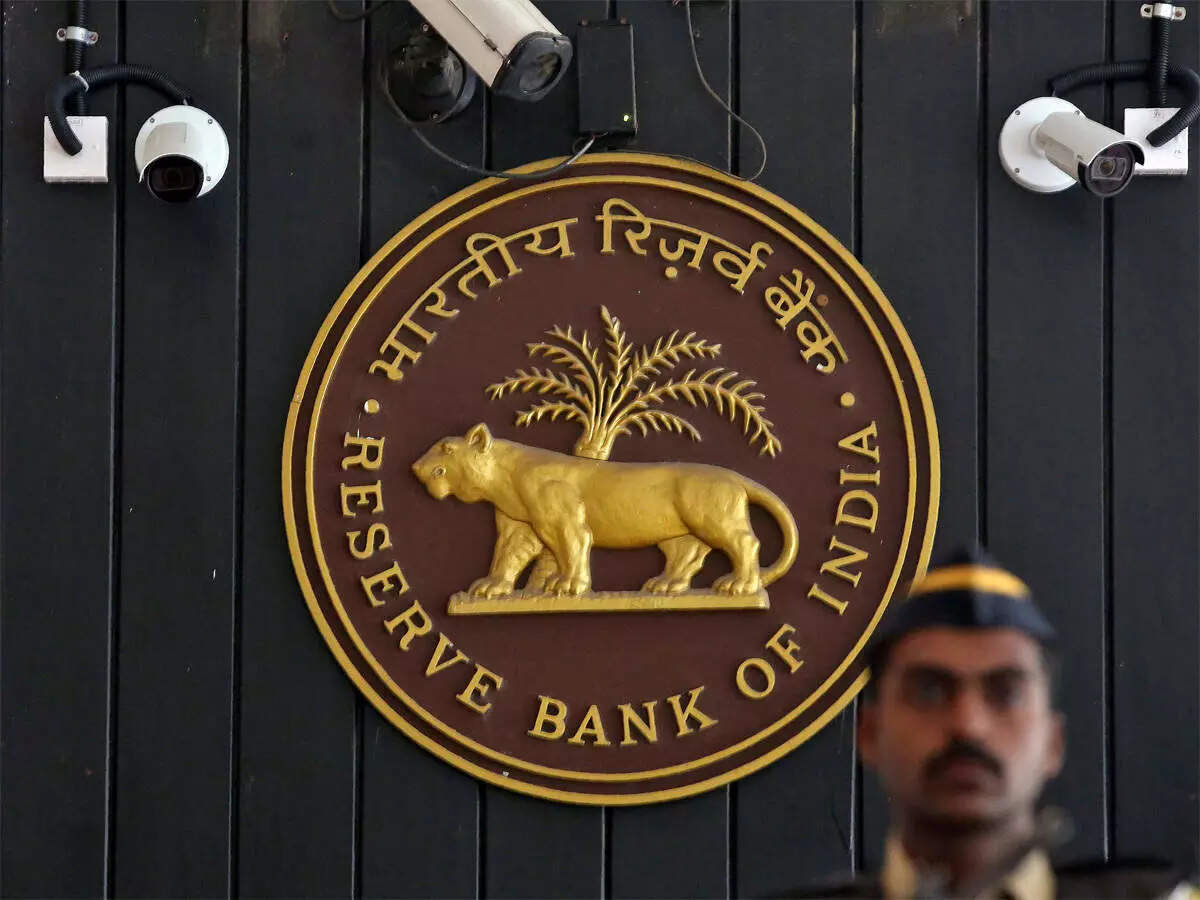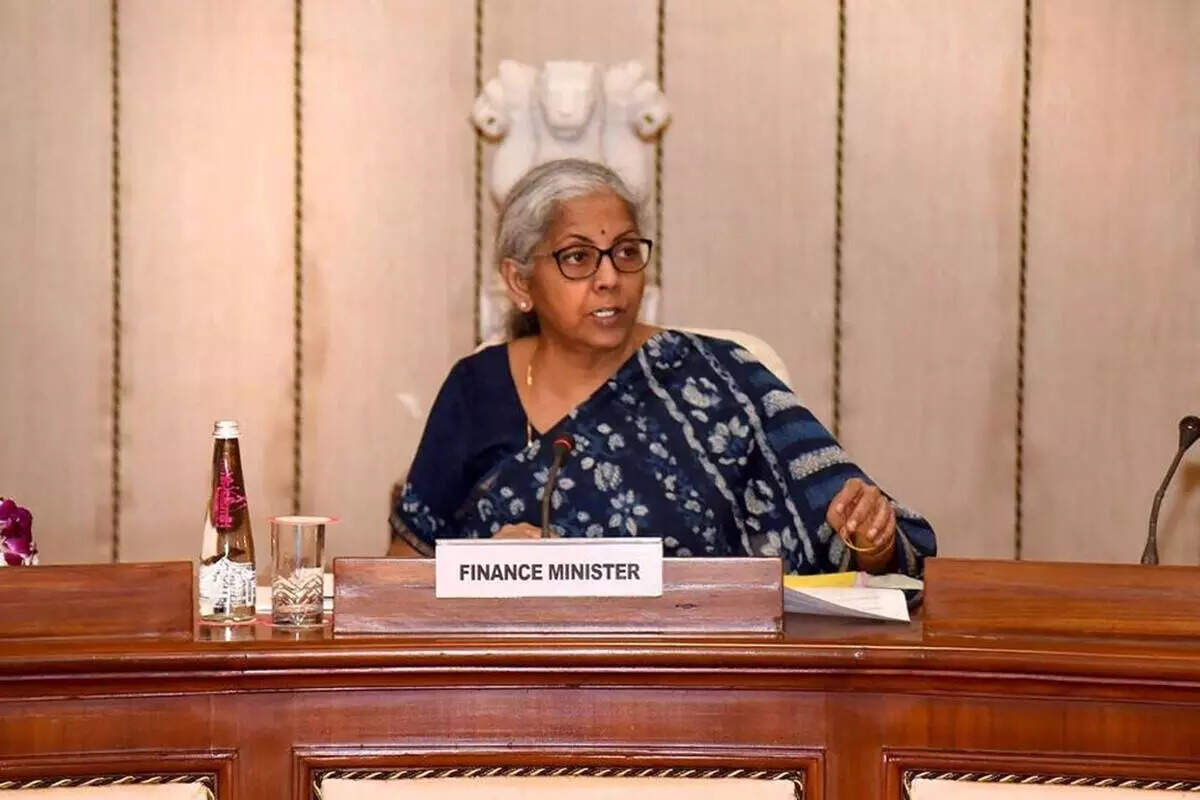Seeking to enhance transparency in the insolvency process,
IBBI has amended regulations for corporate insolvency proceedings wherein a resolution professional will be required to provide details about his or her opinion about avoidance transactions pertaining to a corporate debtor.
The Insolvency and Bankruptcy Board of India (IBBI) has amended the Insolvency and Bankruptcy Board of India (Insolvency Resolution Process for Corporate Persons) Regulations.
The amendments to the regulations are aimed at enhancing “the discipline, transparency, and accountability in corporate insolvency proceedings”.
A resolution professional is duty-bound to find out if a Corporate Debtor (CD) has been subject to avoidance transactions, namely, preferential transactions, undervalued transactions, extortionate credit transactions, fraudulent trading and wrongful trading, and file applications with the adjudicating authority seeking appropriate relief.
This not only claws back the value lost in such transactions increasing the possibility of reorganisation of the CD through a resolution plan, but also disincentivises such transactions preventing stress to the CD.
“For effective monitoring, the amendment requires the RP to file Form CIRP 8 on the electronic platform of the Board, intimating details of his opinion and determination in respect of avoidance transactions,” the release said.
The IBBI has put out the format of form CIRP 8 and it needs to be filed in respect of every CIRP ongoing or commencing on or after July 14.
Intimation of changes
With the amended regulations, an insolvency professional conducting CIRP will also have to disclose all former names and registered office address(es) so changed in the two years preceding the commencement of insolvency along with the current name and registered office address of the CD, in all its communications and records.
CIRP refers to the Corporate Insolvency Resolution Process.
The amendment takes into account the possibility where a CD may have changed its name or registered office address prior to commencement of the insolvency process. In such cases, the stakeholders may find it difficult to relate to the new name or registered office address and consequently fail to participate in the CIRP.
Roping in professionals
Under the insolvency regulations, an interim resolution professional or a resolution professional may appoint any professional, including registered valuers, to assist him in the discharge of his duties in the conduct of the CIRP.
“The amendment provides that the IRP/RP may appoint a professional, other than registered valuers if he is of the opinion that the services of such professional are required and such services are not available with the CD.
“Such appointments shall be made on an arm’s length basis following an objective and transparent process. The invoice for a fee shall be raised in the name of the professional and be paid into his bank account,” the release said. The amendments have come into effect from July 14.

